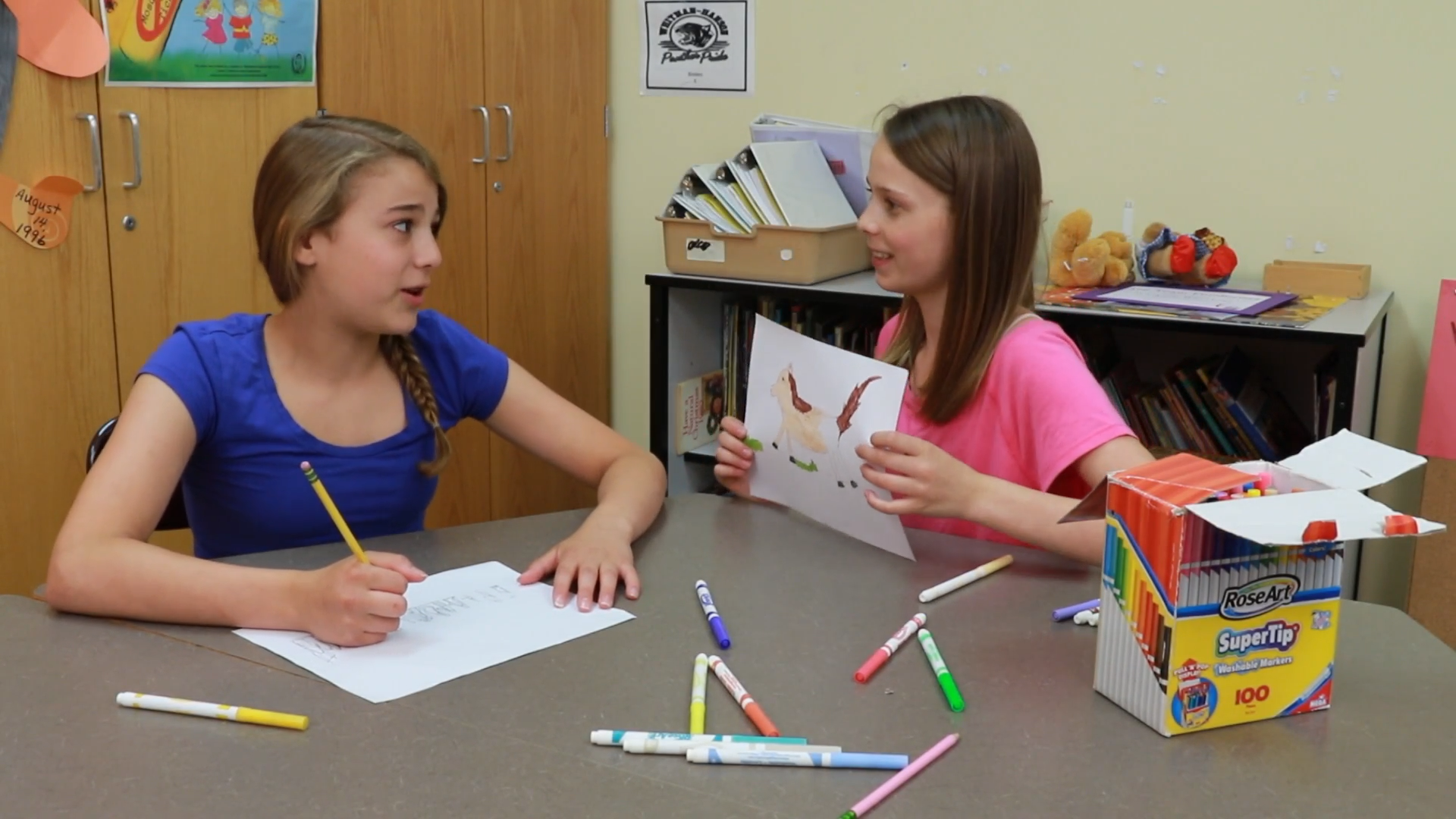Introduction
Compliments are an essential part of social-emotional learning for kindergarten students. Giving a compliment means saying something nice to someone, which can foster positive relationships and create a supportive learning environment. Friends give each other compliments all the time, and it makes people feel good to hear something nice. In this blog post, we will explore an easy-to-implement, no-prep activity to teach students the importance of giving and receiving compliments. We will also provide discussion questions, related skills, and next steps for educators to continue fostering this essential skill.
No-Prep Activity: Compliment Circle
This activity requires no preparation or materials from the educator. To start, have your students sit in a circle. Explain to them that they will be practicing giving compliments to each other. Begin by selecting one student to give a compliment to the person sitting next to them. The compliment can be about their appearance, something they did well, or something they like about their personality. Encourage the students to be specific and genuine in their compliments. Once the first student has given their compliment, the recipient will then thank the person who gave the compliment and give a compliment to the next person in the circle. Continue this process until every student has both given and received a compliment.
Discussion Questions
- How did it feel to give a compliment to someone else? How did it feel to receive a compliment?
- Why do you think it’s important to give compliments to others?
- How can giving compliments help build positive relationships and create a supportive learning environment?
- What are some other ways we can show kindness and support to our friends and classmates?
- How can we practice giving and receiving compliments outside of school?
Related Skills
Giving and receiving compliments is just one of many essential social-emotional learning skills for kindergarten students. Other related skills include:
- Active listening: Paying attention to what others are saying and responding appropriately.
- Empathy: Understanding and sharing the feelings of others.
- Self-awareness: Recognizing one’s own emotions and understanding how they affect others.
- Conflict resolution: Solving disagreements in a respectful and constructive manner.
- Cooperation: Working together with others to achieve a common goal.
Next Steps
Now that you have learned about the importance of giving and receiving compliments and have practiced this skill with your kindergarten students, we encourage you to explore more social-emotional learning activities and resources. To help you on your journey, we invite you to sign up for free samples of various social-emotional learning skills and materials at Everyday Speech. These resources will provide you with additional tools and strategies to support the ongoing development of your students’ social-emotional learning.






